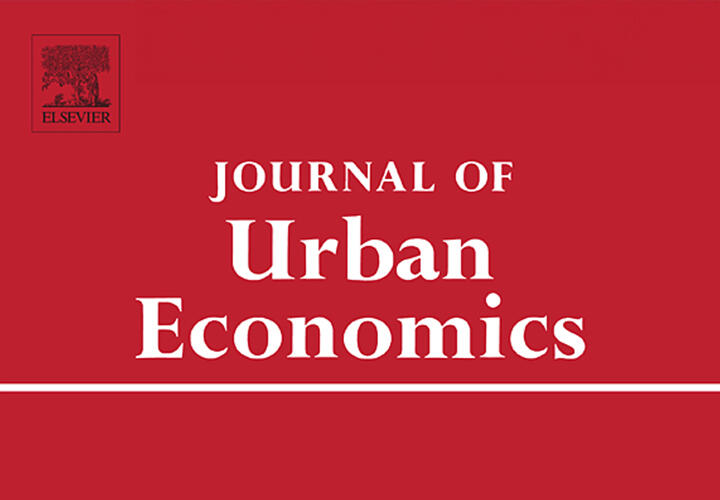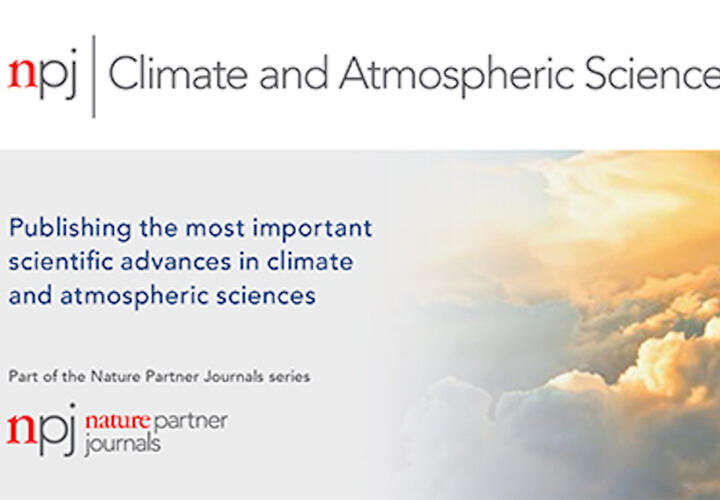Can big data & new computational capabilities help answer complex questions on economic development?
The Data Science for Development program leverages empirical advancements in data science, computer science & statistics to study development in lower-income settings.
Technological advancements have transformed the ways in which data is collected and transmitted. Satellite data, search engine monitoring, crowdsourcing, and social media engagement, among others, have expanded the breadth and scope of what gets measured, creating new avenues to study shocks and policies alike in historically data-scarce developing contexts. Meanwhile, machine learning, big data, and other novel empirical approaches are being developed and continually refined. This confluence of information and innovation offers a unique and promising avenue for researchers to generate fresh insights and shape our understanding on questions of development.
The Data Science for Development program is led by EGC Affiliate Dirk Bergemann.
Activities under the Data Science for Development program
Under its Data Science for Development Research Assistantship (RA) program, EGC endeavors to provide undergraduate and graduate students with an opportunity to work closely with an EGC faculty affiliate and develop knowledge on the suitability and application of specific techniques to issues in international development. RAs participate in a vibrant community of interns, postgraduate fellows, and researchers at EGC. The Data Science for Development RA program was launched in Fall 2022.
Students gain experience with hands-on, skill-building activities as they assist with a variety of research and analysis tasks including data sourcing, web scraping, data cleaning and harmonization, data analysis, data wrangling and visualization, codebook preparation, and dataset management. RAs also develop extensive experience in machine learning and related statistical techniques through a variety of computational exercises that range from hypothesis testing, to understanding heterogeneity in program impacts, to clustering and anomaly detection, to forecasting.
Advanced Research Assistantship track
Weathering the Storm: The Welfare Benefits of Resilient Payment Methods During Natural Disasters
-
Faculty supervisor: David Argente
-
Award for Spring 2024: Qifan (Kevin) Zhang (Graduate student – M.S. in Statistics and Data Science)
Direct-to-Consumer-Trade
- Faculty supervisor: Amit Khandelwal
- Award for Spring 2024: Joshua Zhang (Undergraduate student – Computer Science and Economics major)
EGC initiative - Bridging the Atlantic: Migrations and their Legacies
- Faculty supervisor: José-Antonio Espín-Sánchez
- Award for AY 2022-23: Richard Cardoso (Undergraduate student – Global Affairs and LA Studies major)
Leveraging Administrative Data to Understand the Impact of Government Accountability Initiatives
- Faculty supervisor: Rohini Pande
- Award for AY 2022-23: Saki Xiaoqi Long (Graduate student – JD candidate at Yale Law School)
Women’s Water Collection and Climate Change
- Faculty supervisor: Ardina Hasanbasri
- Award for AY 2022-23: Erkin Asci (Undergraduate student – Economics and Math major)
Inequality across groups, exposure, and conflict
- Faculty supervisor: Ardina Hasanbasri
- Award for AY 2022-23: Alexander Casendino (Graduate student – Master's in Public Policy, Global Affairs)
Tobin Undergraduate Research Assistantship track
EGC initiative - Bridging the Atlantic: Migrations and their Legacies
- Faculty supervisor: José-Antonio Espín-Sánchez
- Award for AY 2022-23: Catherine Collins (Undergraduate student – Economics major)
The Impact of Migration on Educational Outcomes of left Behind Children: Evidence from the Philippines
- Faculty supervisor: Mark Rosenzwieg
- Award for AY 2022-23: Aldrin Aujero (Undergraduate student – Economics and Computer Science major)
Mobile Phone Access and Usage and the Impacts on Women’s Well-Being in India
- Faculty supervisor: Rohini Pande
- Award for Spring 2023: Nastaran Moghimi (Undergraduate student – Economics major)
The Effects of Electrifying Transportation
- Faculty supervisor: Costas Arkolakis
- Award for Spring 2023: Evan Hu (Undergraduate student – Economics/Mathematics major)
Mobile Phone Access and Usage and the Impacts on Women’s Well-Being in India
- Faculty supervisor: Rohini Pande
- Award for Fall 2022: Lili Cerise (Undergraduate student – Statistics major)
Cox’s Bazar Panel Survey
- Faculty supervisor: Mushfiq Mobarak
- Award for Fall 2022: Nicole Hu (Undergraduate student – Statistics major)
Research Highlights
Program Faculty
Cover photo: Excessive monsoon rainfall captured by NASA Earth Observatory across South and East Asia in July 2020, courtesy NASA Earth Observatory, Wikimedia Commons.













